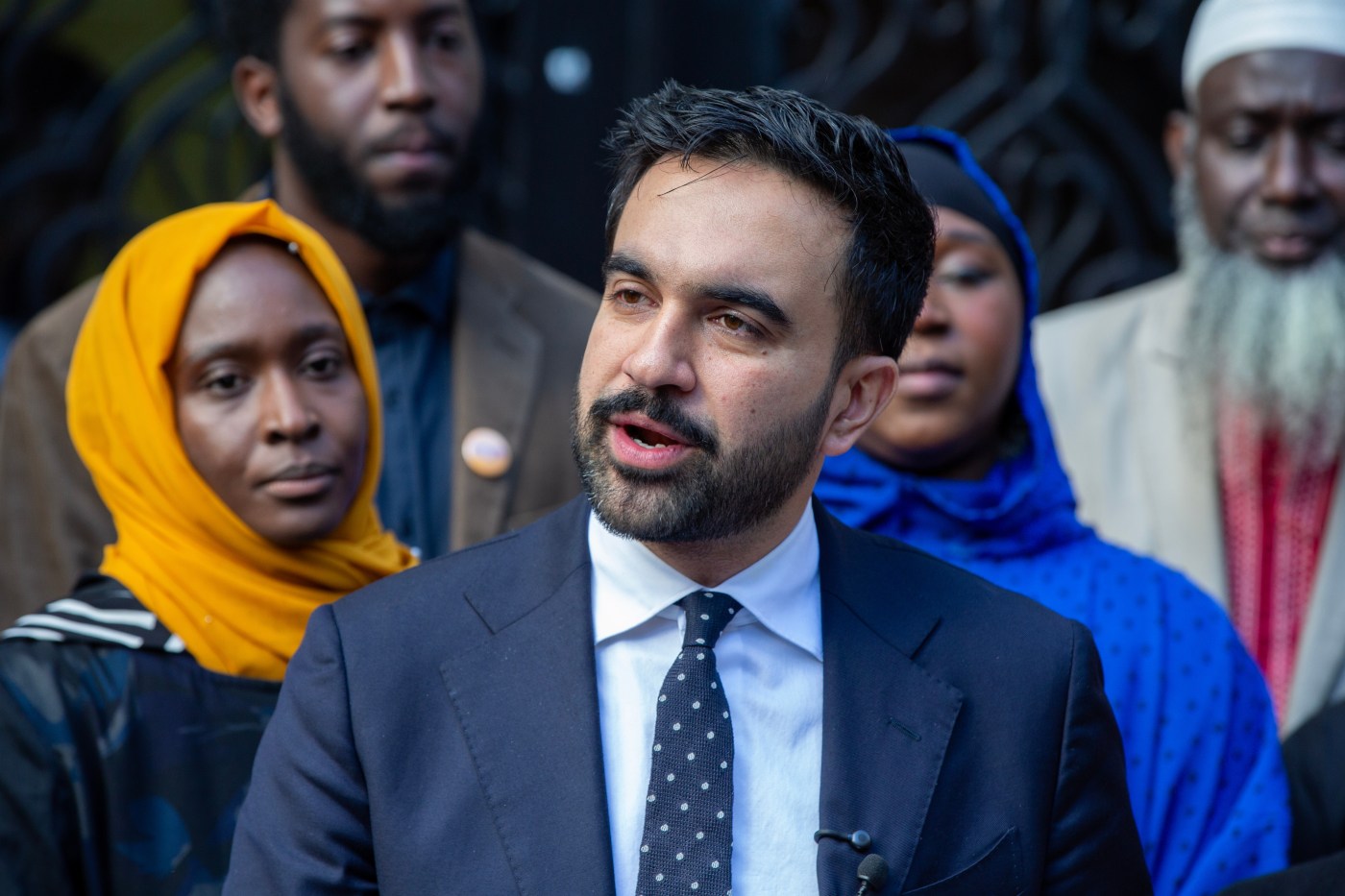As the United States approaches a pivotal moment in its political landscape, the emergence of young leaders like Zohran Mamdani and the late Charlie Kirk signals a significant shift in party dynamics. The two figures represent diverging paths for their respective parties, encapsulating a broader debate on the future of American politics. Kirk, a conservative figure assassinated earlier this year, was viewed as a unifying force within the Republican Party, while Mamdani, a rising star in the Democratic Party, is redefining its identity.
Kirk, who founded Turning Point USA, had aimed to spread conservative values across college campuses, emphasizing principles such as individual responsibility and free enterprise. His charismatic approach attracted support from influential figures, including former President Donald Trump, who recognized him as a leader capable of revitalizing the Republican base. Tragically, his life was cut short, leaving many to speculate about the potential impact he could have had on the party’s future.
In contrast, Mamdani, at just 34 years old, is making waves as the favored candidate for mayor of New York City. His platform, which includes proposals for free public transportation and city-run grocery stores offering affordable food, resonates strongly with younger voters. Supported by prominent progressives like Senators Bernie Sanders and Elizabeth Warren, Mamdani’s vision contrasts sharply with traditional Democratic values, creating a rift between moderate and more radical factions within the party.
Contrasting Visions for America
The contrast between Mamdani and Kirk reflects a broader ideological divide in American politics. Kirk advocated for a conservative approach where individuals are encouraged to work for their success, famously stating, “In America, you are usually a conservative if you produce more than you complain.” His initiatives focused on empowering individuals through job creation and personal responsibility.
Mamdani, on the other hand, promotes what some critics refer to as “free stuff socialism,” arguing that the government should play a more significant role in providing for its citizens. This includes initiatives like eliminating subway fares and providing social services aimed at reducing poverty. His approach has ignited a discussion about the role of government in economic disparities, particularly among younger voters who are increasingly drawn to his vision.
The approaches of Mamdani and Kirk also extend to international relations. While Kirk championed pro-Israel policies, aligning with conservative views on foreign policy, Mamdani has expressed support for Palestinian rights, positioning himself against what he perceives as injustices. This divergence in foreign policy perspectives illustrates the broader ideological rift affecting both parties as they navigate their identities in a changing electorate.
Identity and Background
Understanding the backgrounds of these two leaders provides insight into their political philosophies. Mamdani, a Muslim born in Kampala, Uganda, moved to the United States at the age of seven. His multicultural experiences inform his progressive stance, advocating for policies that address systemic inequalities. He has positioned himself as a representative of the new American demographic, reflecting the diverse voices contributing to the political landscape.
Kirk, born in Arlington Heights, Illinois, emerged from a different background, rooted in traditional American values. He was a Christian who, through his activism, sought to forge a path for young conservatives. His untimely death leaves a gap in the Republican narrative, prompting questions about who will emerge as the next leader capable of uniting the party.
Both Mamdani and Kirk have captured the attention of their respective bases, but their divergent paths highlight the tensions within their parties. As the political climate continues to evolve, the choices made by these leaders may shape the future of American governance for years to come. The roads they have taken not only define their careers but also signal the directions their parties may pursue in upcoming elections.
The landscape is indeed complex, and as the political crossroads become increasingly pronounced, it remains to be seen how these dynamics will unfold in the coming years.
